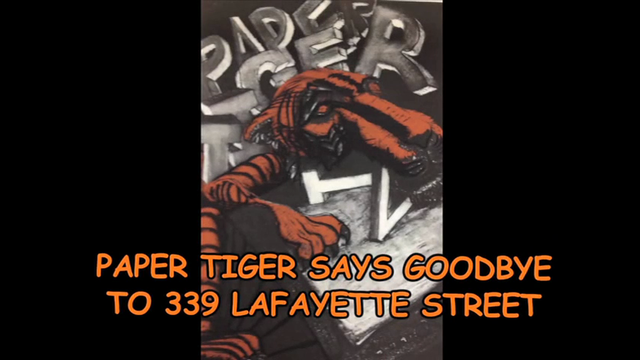The Art of Campaigning
The idea for the Art of Campaigning topic originates from the works of
the McLibel group [www.mcspotlight.org]. Their type of net.campaign
questions previous forms of activism, which was focused on the mass
media and their ability to influence public opinion, by staging direct
action (targeted at known media makers). Big NGO's such as Greenpeace
have built up experiences with this model for decades. The scenarios
they use have not changed much since the seventies. There is the usual
PR material: official reports, books, folders, flyers, magazine and
original video footage, shot on location. Campaigns are being planned
long in advance. The way of working does not differ much from a
campaign to launch a new product. Professionalism has taken over the
task of volunteers. Their role is being reduced to that of a local
support group, doing the actual grass roots work with the population.

